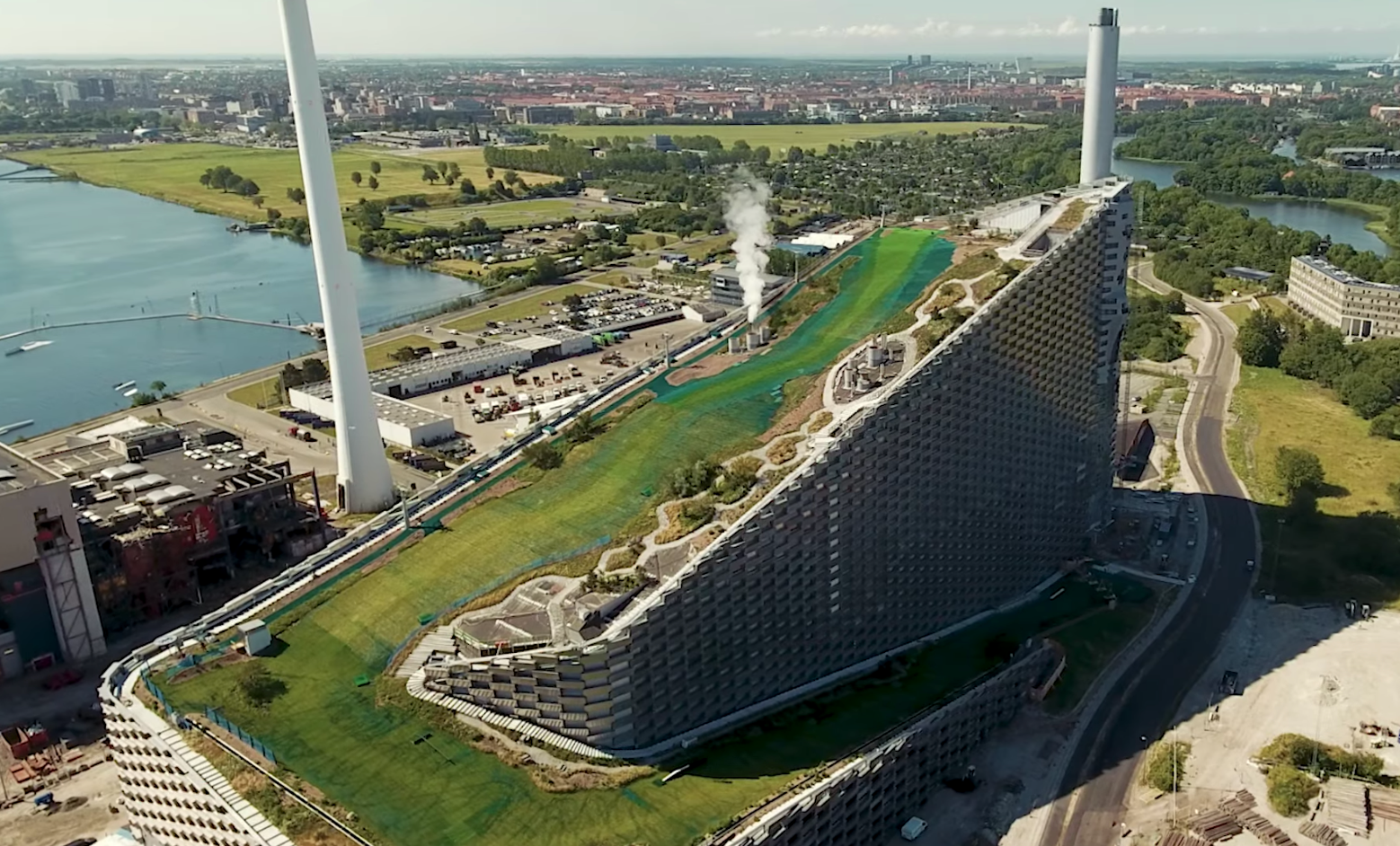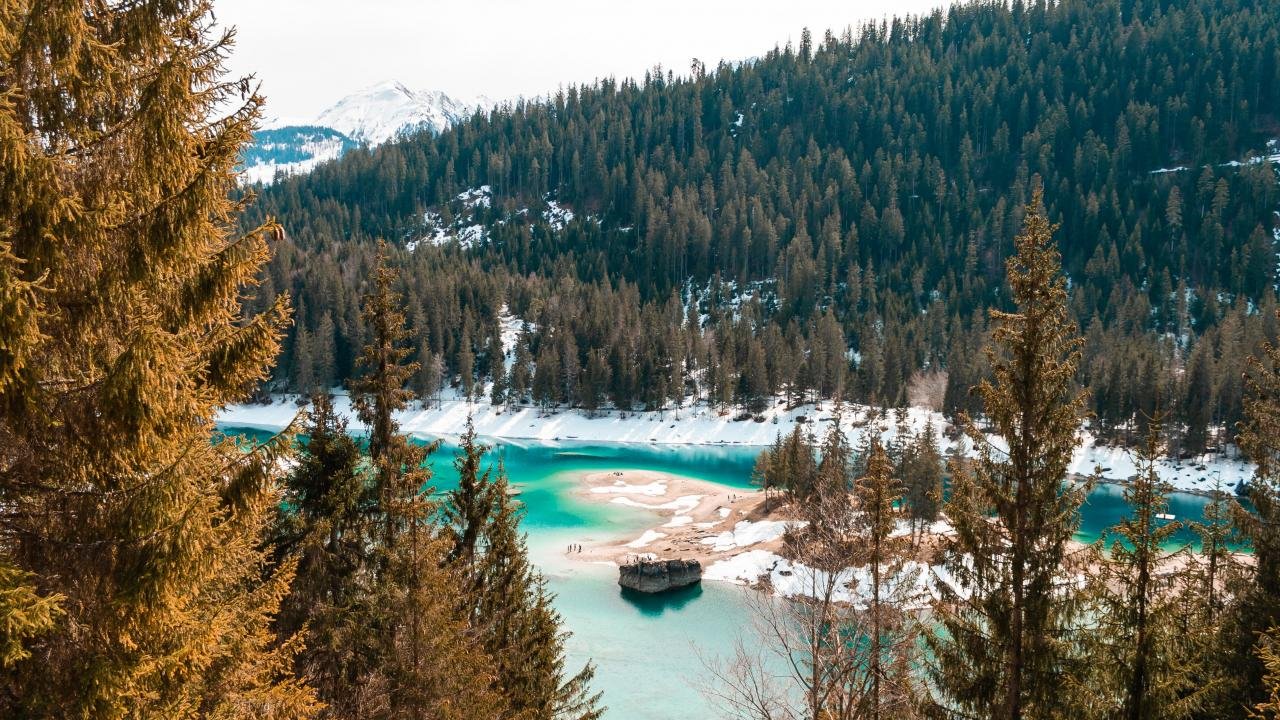Oscar is currently employed in the tourism sector. We will guide you through the challenges that Oscar is facing today and in the near future. ↓
The tourism industry has experienced growth in recent years, but has suffered a decline due to the impact of COVID-19. Despite this setback, it is recovering. Many regions and countries rely heavily on tourism for their economy. However, mass tourism has detrimental effects on the environment, such as soil erosion, pollution, loss of natural habitats, and endangerment of species. The use of planes and other modes of transportation by tourists also contributes to increased pollution.
DID YOU KNOW ?
“Tourism is responsible for over 5% of global greenhouse gas emissions, with transportation accounting for 90% of that”
“In some areas, tourists generate twice as much waste as the local residents”
“I”
CLIMATE CHANGE CONSEQUENCES ↓
The impact of tourism on the environment goes beyond transportation pollution. Overuse of land leads to soil erosion, pollution, loss of natural habitats, and increased pressure on endangered species. Additionally, the tourism industry is often associated with high levels of waste and improper disposal, which disrupts local waste management.
Climate change will affect the decision-making process for holiday destinations. Extreme weather events may make some resorts less appealing.
Coastal erosion caused by rising sea levels may also threaten tourist activities.
The ski tourism industry may be impacted by higher temperatures and melting snow.
Tourism is a significant contributor to the global economy, accounting for 5% of the world's GDP and 6-7% of total employment. This means that families who depend on the tourism industry may be greatly affected by these changes. As tourism is concentrated in certain regions and countries, economic downturns may be expected in those areas.
GREEN DEAL ↓
The EU Green Deal
The EU has created the European Green Deal, a growth strategy aimed at addressing current environmental changes. This strategy aims to achieve a climate-neutral Europe by 2050, with zero net emissions of GHG. The Green Deal encompasses 8 policy areas that outline plans for all sectors and industries, including tourism.
Tourism > ‘Sustainable and smart mobility’ policy
The sustainable and smart mobility policy within the Green Deal prioritizes users and aims to provide them with affordable, accessible, healthier, and cleaner mobility options. The European Green Deal outlines five main points to address in this policy:
-
The goal is to enhance multimodal transportation by promoting the use of rail and inland waterways for 75% of inland transportation. Additionally, efforts will be made to restart The Single European Sky project for aviation.
-
Automated and connected multimodal transport, by making the European transport system and infrastructure fit into a more automated system, to reduce traffic and pollution.
-
Reflect on the impact of transport on its price. Fossil-fuel subsidies will end and there will be an extensive revision of the Taxation Directive, especially focusing on aviation and maritime fuels.
-
Increase the production and deployment of sustainable alternative transport fuels.
-
Transport should become less polluting. The Commission is working on a plan to implement various measures that can help reduce emissions and congestion, as well as improve public transportation, particularly in cities. The ultimate aim is to achieve a zero-emission Europe.
GOOD EXAMPLES ↓
Ecobnb is dedicated to promoting sustainable tourism in Europe. With the help of the EcoDots project, which is co-founded by the European Commission, Ecobnb is actively promoting eco-friendly accommodations throughout Europe.
Green transition - EU
Sustainable accomodations
CopenHill is located in Copenhagen and is a unique powerplant that combines recreational activities with energy production. Visitors can enjoy a dry ski slope, hiking trail, and climbing wall on the rooftop. The plant converts 440,000 tons of waste annually to generate clean energy, which can power 60,000 homes and provide heat for 160,000.
Green transition - Denmark
CopenHill
DestiMed is a participatory project focused on eco-tourism in the Mediterranean region. It covers 9 protected areas and utilizes integrated planning methods to build a successful network. The project received financing of €2.6 million from the ERDF (European Regional Development Fund). A pilot implementation took place in Cres-Losini, Croatia, resulting in the establishment of eco-tourism packages.
Green transition - Eu members situated in the Mediterian
DestiMed
EUSALP (European Union Strategy for the Alpine Region), which brings together 7 states (80 M inhabitants) was launched in 2015 with the objective of designing and implementing a coherent and coordinated territorial development strategy. Since 2020, the French presidency has identified 6 priority areas of focus for action, with an emphasis on ecological transition. Christian Juyaux of CFDT highlights the importance of participatory democracy in engaging and mobilizing all parties in the transition of these territories.
Green transition - EU
EUSALP - EU strategy for the Alpine Region.
FUNDING ↓
The LIFE programme provides funding for projects that focus on environment and climate action. Tourism activities related to green transition can benefit from the programme. In particular, tourism projects supporting the circular economy, energy efficiency and renewable energy measures, as well as climate neutrality may be eligible for funding.
The European Regional Development Fund (ERDF) is applicable to finance projects that fall under five objectives:
1) Encouraging Innovation and the uptake of advanced technologies developments
2) Low-carbon initiatives with cross-sector applications
3) Sustainable transport infrastructure, broadening tourism connectivity cleanly
4) Projects that incorporate the European Pillar of Social Rights
5) Sustainable initiatives that highlight inclusivity (Just Transition link)
ERDF incorporates legislation dictating mandatory portions of funding to be spent on eco-projects, and provides special allocations in funding to outermost and sparsely populated regions, promoting a sustainable and just transition. Given towns of lower population are currently anticipating decline in tourism and hence local economies, the EU’s provision of targeted support to assist regions in leveraging in on emerging eco-tourism trends is essential.
The Cohesion Fund provides targeted funding support for environmental and Trans-European Transport Networks (TEN-T) projects for EU members whose GNI (Gross National Income)per capita is below a threshold of 90% of the EU average. The eligible economies for this support from 2021 to 2027 are Bulgaria, Croatia, Cyprus, Czechia, Estonia, Greece, Hungary, Latvia, Lithuania, Malta, Poland, Portugal, Romania, Slovakia, and Slovenia. The fund directly addresses economic and social disparities present in the EU, assisting the deliverance of a Just Transition under the Green New Deal.
JUST TRANSITION
Discover which actions you can undertake ↓
-
Tourism is a people-oriented sector where social dialogue is essential. Being open, trustworthy, and involving all parties is crucial to addressing challenging working conditions. Throughout the COVID-19 pandemic, constructive and ongoing social dialogue has played a critical role in the industry's ability to create effective measures and respond to social and economic challenges.
-
The tourism and hospitality sector employs many women, young people, and individuals with low education. They typically work on part-time contracts, with flexible hours and receive minimum wage or less.
This sector often hires vulnerable groups who face employment uncertainty. Providing them with appropriate social protection and labour rights can promote their social inclusion and personal development.
-
If tourism services are relocated to other areas, it may result in a reduction of job opportunities in the affected regions. However, if ecotourism is introduced in current touristic hubs, it can prevent job losses and even stimulate economic growth and job creation.
Moreover, the installation of renewable energy sources and the use of technology can indirectly lead to job creation within the industry.
-
The tourism sector is crucial for the EU economy, as it heavily relies on skilled workers. However, recruiting these workers, especially those with specific skills, has been a challenge. The most frequent gaps in skills include languages, interpersonal skills, and ICT abilities rather than skills specific to tourism. As the industry is already undergoing significant digitization, having ICT skills will become even more critical. To address these challenges, it is essential to provide quality and tailored training opportunities.
-
The tourism industry can experience a significant global transformation with the use of technology. Technological advancements, such as peer-to-peer BTC booking and planning platforms, real-time transaction management, and travel marketplace platforms, have revolutionized travel itinerary planning. It reduces asymmetric information and empowers customers. Moreover, AI and machine learning enable real-time price comparison and personalized options, thereby enhancing the user experience and strengthening customer relationships.
-
The tourism industry's current workforce is predominantly made up of women, youth, and individuals with a lower level of education. Any disruption in this sector would have a disproportionate impact on these vulnerable groups. Additionally, the tourist sector is often tied to specific geographic locations, with certain regions or even entire countries depending on it. As a result, any disruption in the sector would have a widespread impact on the entire region.
Increasing energy efficiency in the tourism sector including upgrading lighting, cooling, and air conditioning.
Replacing oil-based energy supply with renewable energy, using technologies such as solar water heating, solar air conditioning and seawater air conditioning.
Relocating the tourist industry to more environmentally robust areas.
Adopting ecotourism. Ecotourism is defined as responsible travel to natural areas. It conserves the environment and sustains the well-being of the local people. Ecotourism involves interpretation and education. Communities and the environment need to be conserved, the impact minimized, and financial benefits for locals need to be provided.
Making the industry more climate-resilient using nature-based solutions. This involves preserving the natural environment and infrastructure that make the region attractive to tourists, while preparing for an increase in demand.
Promoting train networks as a mode of transportation can also help reduce the industry's reliance on carbon-intensive aviation
Solar yachts deployed in tourist-heavy coastal regions to minimize emissions and reduce the impact on marine ecosystems.
GREEN TRANSITION
Discover which actions you can undertake ↓
-
Choosing to stay in eco-friendly accommodations can have a positive impact on the environment, as these lodgings prioritize sustainability through practices such as renewable energy production and bio-architecture. Additionally, opting for eco-friendly tourism can also benefit the local economy, as many of these lodgings offer locally-sourced, organic food. By making this choice, travellers can support both the environment and the community they are visiting.
-
Showing respect for the culture of local communities is crucial for preserving their cultural and artistic heritage. When engaging with locals during sustainable travel, it can be incredibly rewarding and helps to maintain traditions that have been passed down through generations. It's important to honour these traditions, as they shape the identity of the community and foster a sense of togetherness among its people.
-
Opting for slower modes of transportation can have a positive impact on the environment and lead to cost savings. Moreover, traveling at a slower pace allows for the enjoyment of scenic views during the journey.
-
Supporting local businesses by purchasing their products and making arrangements with them helps to strengthen the local economy. In addition, buying local products reduces the need for transportation and packaging, and also contributes to the creation of more job opportunities.
-
Encouraging the uptake of alternate stays in urban centres (Amsterdam, Barcelona..) where pollutive levels are high, to reduce environmental strain induced by tourism.
-
Incorporate to hotels, resorts and tourism areas
-
Facilitate infrastructure for the users of bicycles, public transport, electric vehicles wherever possible
-
E.g. ‘Plan Bleu’ : Mediterranean, developing their tourist sector to become sustainable
-
There are emerging applications in data - driven tourism to manage flows etc: opportunity to reduce land stress








